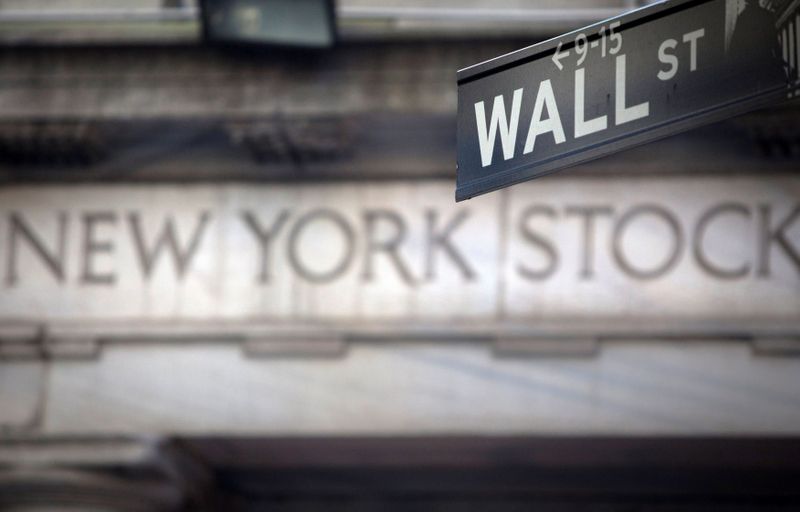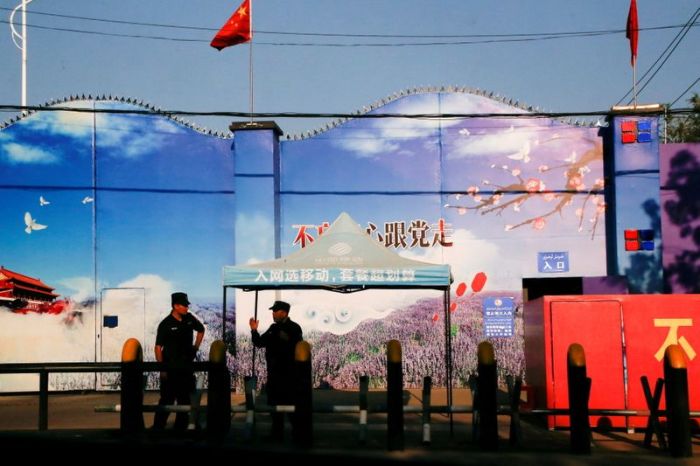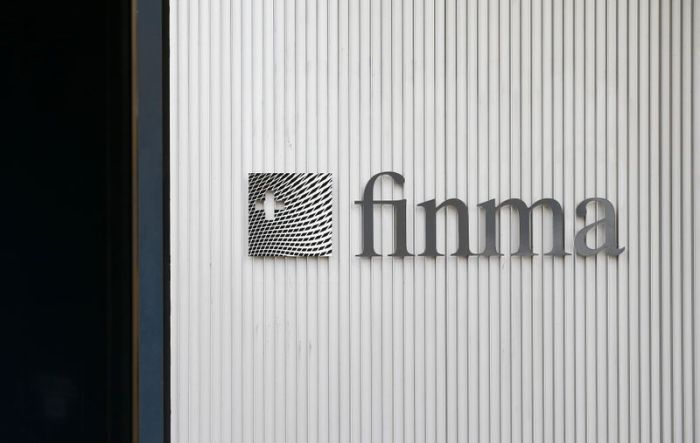NEW YORK/LONDON (Reuters) -Bond yields jumped and global share prices slipped after posting new highs on Tuesday as the biggest hike in U.S. inflation in 13 years rattled investors who fear rising interest rates could end a stock market rally that has doubled prices from 2020 lows.
The yield on U.S. Treasury debt initially fell on news the U.S. consumer price index in June jumped 5.4% year over year, the largest gain since August 2008, the Labor Department said.
But a weak Treasury auction sparked a 4.7-basis-point jump in the benchmark 10-year note to 1.41% after initially falling to 1.343% after the CPI data was released.
The inflation spike followed a 5.0% increase in the 12 months through May, while CPI rose 0.9% month over month after advancing 0.6% in May, gains that unnerved investors.
Stocks on Wall Street at first took the CPI data in stride, bidding up technology stocks that typically thrive with low interest rates.
The $24 billion of 30-year bonds were sold to yield 2.00%, or more than two basis points above where the debt had traded before the auction.
The jump in inflation ultimately is a negative hanging over a market that has enjoyed a remarkable rally since the lows of March 2020, said Rick Meckler, a partner at Cherry Lane Investments in New Vernon, New Jersey.
“Inflation is not the worst news for stocks, but it’s very bad news for bonds,” Meckler said. “You’re starting to see some of the potential negatives that could bring an end to this incredible rally this year.”
MSCI’s world equity index, which tracks shares in 50 countries, fell 0.14% to close at 726.33, after earlier setting a new high at 728.77. In Europe, the broad FTSEurofirst 300 index added 0.07% to set a record close of 1,779.34.
On Wall Street, the Dow Jones Industrial Average fell 0.31% to 34,888.79, the S&P 500 lost 0.35% to 4,369.21 and the Nasdaq Composite dropped 0.38% to 14,677.65.
Stock investors could re-enter the market to buy “on the dip” as investors wait to see if the Federal Reserve takes aggressive steps to halt rising inflation, Meckler said.
Federal Reserve Chair Jerome Powell testifies before Congress on Wednesday and Thursday.
“A lot of this will play into the Fed’s transitory story,” Gennadiy Goldberg, interest rate strategist at TD Securities in New York, said about the CPI data. “You can argue that a lot of this (inflation spike) is due to the recovery.”
The dollar index, which tracks the greenback versus a basket of six currencies, rose 0.56% to 92.778. The euro fell 0.70% to $1.1776, while the Japanese yen was last up 0.24% at $110.6200.
Overnight in Asia, MSCI’s broadest index of Asia-Pacific shares outside Japan rose 1%, its best daily gain since late June, led by a 1.6% rise in Hong Kong, where tech stocks rose broadly. Japan’s Nikkei was up 0.5% while Australian shares closed broadly flat.
In Hong Kong, tech behemoth Tencent Holdings Ltd jumped 3.9% after China’s antitrust regulator on Tuesday approved its plan to take China’s No.3 search engine, Sogou Inc, private in a $3.5 billion deal.
Euro zone government bond yields have fallen in line with U.S. Treasuries in recent weeks, and are running close to their lowest levels since early April.
Germany’s 10-year bond yield was unchanged at -0.297%, close to a three-month low of -0.344% hit last week.
South Africa’s rand dropped to a three-month low, slipping 1.2% to 14.4000 against the dollar, as violence escalated over the jailing of former President Jacob Zuma.
Brent crude settled up $1.33 at $76.49 a barrel. U.S. crude rose $1.15 to settle at $75.25 a barrel.
Gold was little changed as a firmer dollar offset support from bets that the Fed was unlikely to respond to the jump in U.S. inflation with immediate monetary tightening.
U.S. gold futures settled up 0.2% at $1,809.90 an ounce.
(Reporting by Herbert Lash; additional reporting Karen Brettell and Saqib Ahmed in New York, Karen Pierog in Chicago, Julie Zhu in Hong Kong; Sujata Rao and Vidya Ranganathan; Editing by Stephen Coates, Emelia Sithole-Matarise, Gareth Jones, Dan Grebler and Sonya Hepinstall)

























